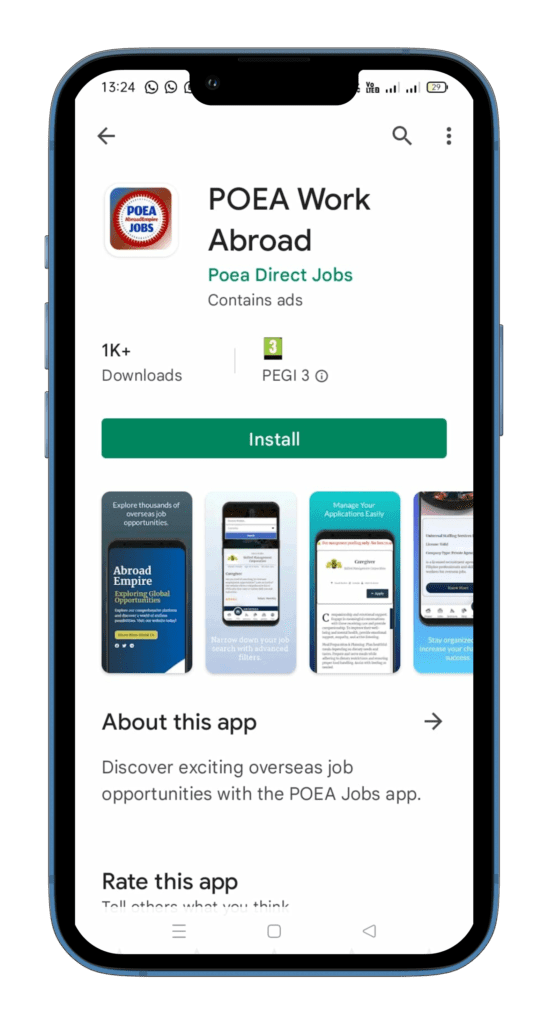Ineligibility for entry to Canada may arise if you possess a DUI or a previous criminal offense. This situation could pose challenges, especially if you have intentions of traveling to Canada for familial visits, attending weddings, embarking on a fishing expedition, engaging in business activities, or simply for tourism. However, there exists the option of obtaining a Temporary Resident Permit (TRP) to facilitate temporary entry into Canada. Further details regarding the TRP for individuals with a DUI or a criminal record are discussed below.
What is a Temporary Resident Permit (TRP) for Canada, and is it necessary? A Temporary Resident Permit (TRP) is granted by the Canadian Border Service Agency (CBSA) to individuals otherwise deemed inadmissible who seek temporary entry into Canada for a justified period. When applying for a TRP, it is essential to showcase that your need to stay in or enter Canada outweighs any potential health or safety risks you may pose to the Canadian public. This requirement applies not only to cases involving impaired driving due to alcohol, drugs, including cannabis, but also extends to other criminal offenses and even minor reasons. Without a temporary resident permit, entry into Canada may not be permitted.
How long can I stay in Canada with a Temporary Resident Permit (TRP)? If granted a temporary resident permit, it typically covers the duration of your temporary stay, such as a week-long wedding celebration, a five-day fishing trip, or a two-day business meeting. The authorization is valid until the permit’s expiration date, after which you must obtain a new permit or leave Canada. In most cases, unless explicitly stated otherwise, permits do not permit re-entry. Subsequent trips to Canada will necessitate obtaining a new temporary resident permit.
Is a temporary resident permit (TRP) guaranteed? No guarantees exist for the issuance of a temporary resident permit. The assessing officer will evaluate whether your need to visit Canada outweighs the potential risk to the country posed by your visit. If the officer determines that the risk to Canada is lower than your need for temporary entry, the temporary residence permit will be granted.
Canadian Inadmissibility Lawyer If you or anyone accompanying you has a DUI or a criminal record, entry into Canada may be restricted. It is advisable to consult with a licensed Canadian Inadmissibility Lawyer before traveling to Canada under such circumstances. Even with a DUI or criminal record, entry into Canada may be possible with a temporary resident permit (TRP) or criminal rehabilitation (CR). Planning ahead is crucial to ensure that your criminal record does not impede your entry into Canada.

